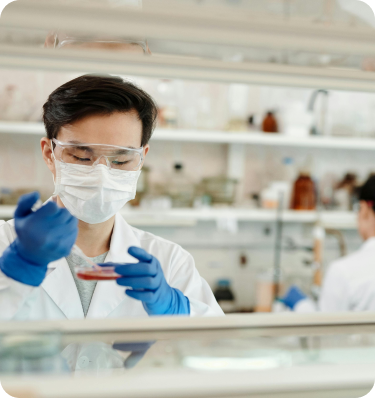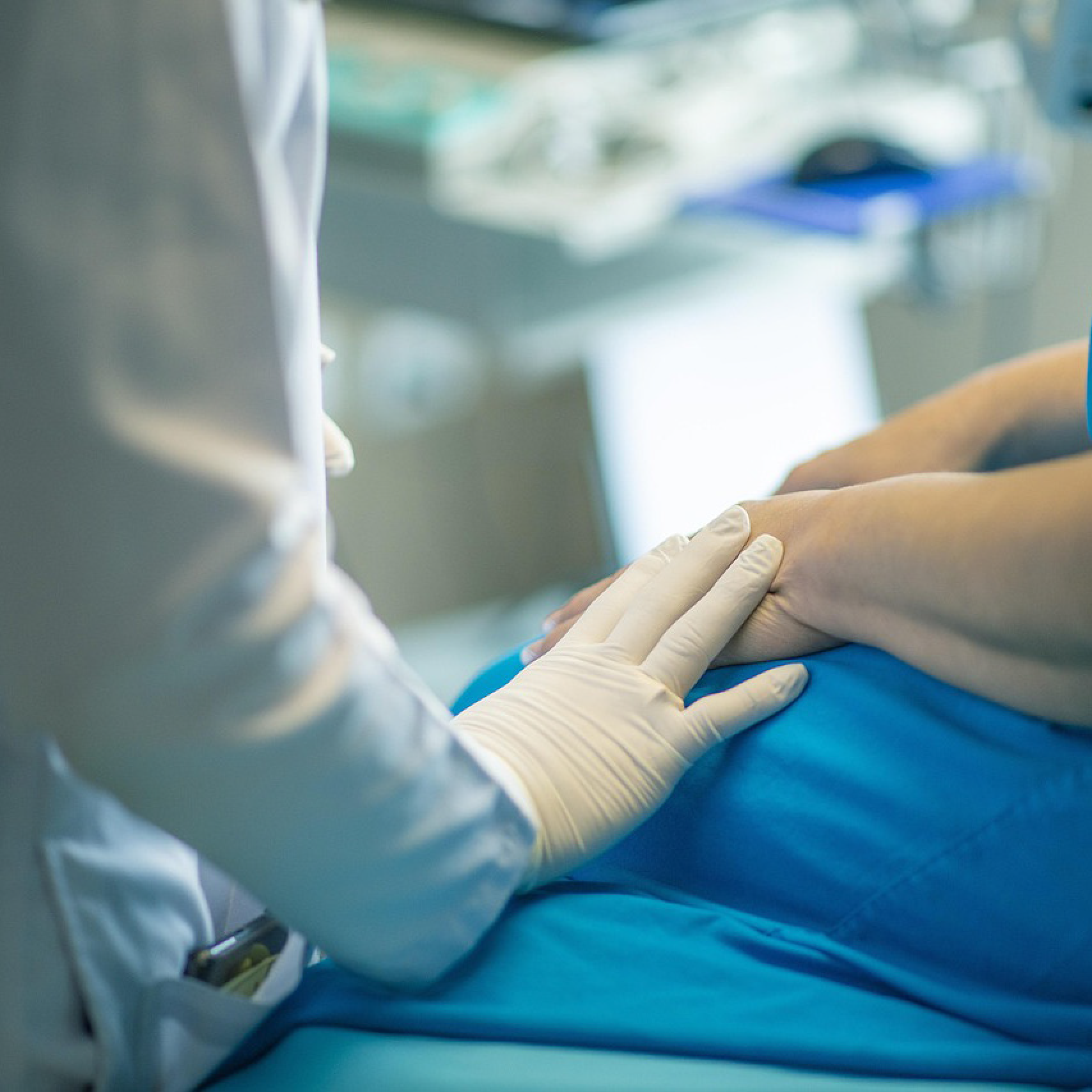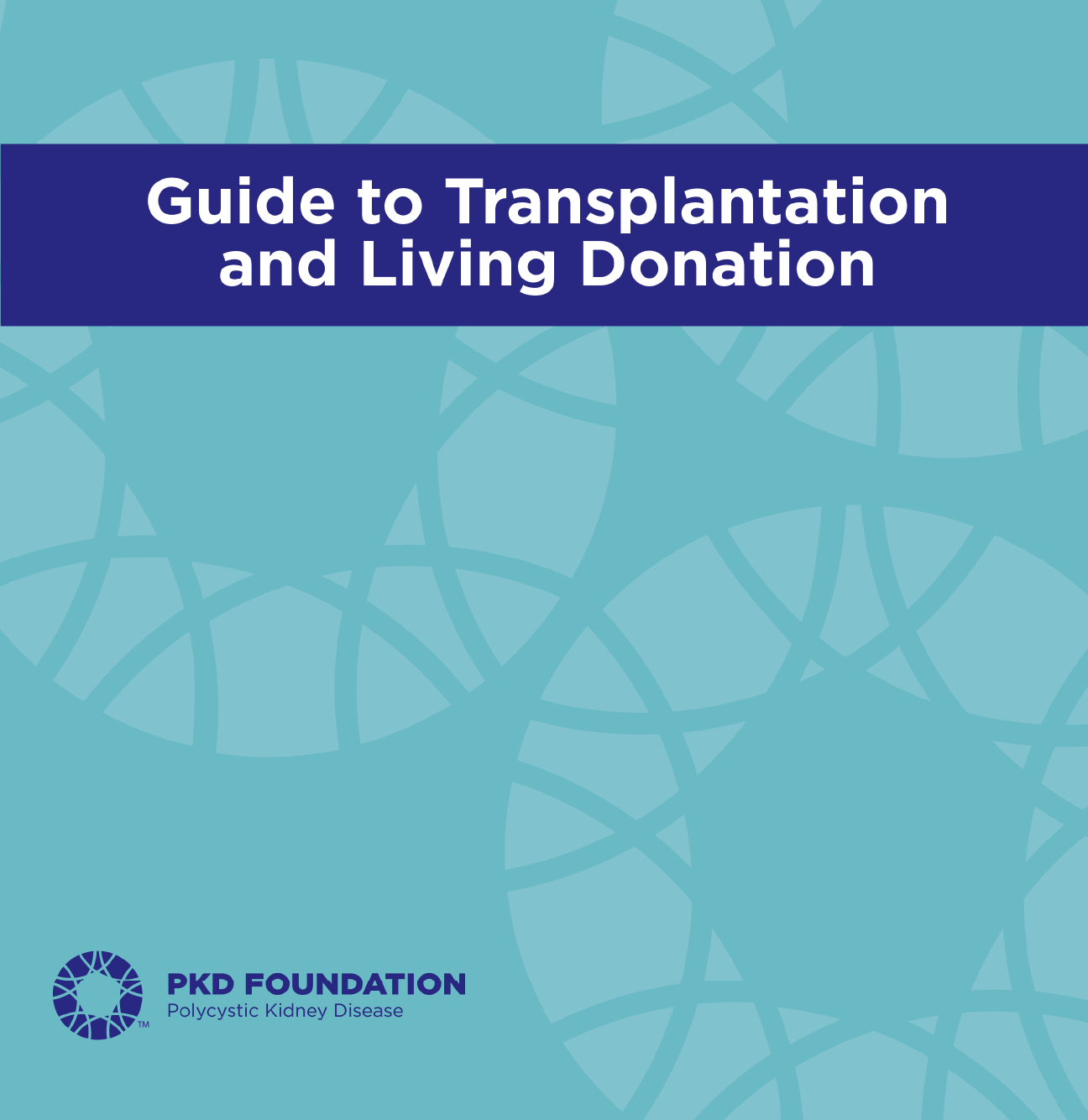Post surgery
After your transplant, you’ll remain in the hospital anywhere from two to seven days, depending on your recovery progress and the protocol in place. Your transplant surgeon and nephrologist will monitor your recovery until you are released.
Once you are discharged, you’ll still require follow up care, provided by the hospital and your primary care physician (internist or nephrologist). You’ll need regular blood draws to monitor kidney function, your immunosuppressive medication levels, and watch for signs of infection or rejection. You will communicate regularly with your transplant nurse coordinator and your doctors for up to a year to check your progress and ensure your health.
Your activity will be restricted for several weeks. No driving or lifting and a general “take it easy” approach will be necessary. Return to work will occur only after your doctor and insurance have both signed off. It could take up to two months before you’re ready to go back. It is absolutely necessary to follow your doctor’s orders; do not rush physical activity until you’ve discussed and received approval. Becoming active too quickly could put your transplant, and your health, in jeopardy.
Medications
You’ll be required to take immunosuppressive medications for the rest of your life to keep your body from rejecting your kidney. Your drug regimen can vary and is determined by your transplant team and doctor. Be sure to ask questions so you can fully understand each medication you are taking, what its function is and possible interactions with other drugs, food, etc. Understanding and taking your medicine exactly as prescribed is one of the most important factors in keeping your new kidney healthy. Failing to do so could result in losing the kidney to rejection.
Immunosuppressive medications will lower your body’s immune system, leaving it open to infections. You must take special care to avoid exposure as even a common cold could result in serious health issues for you. You must report anything out of the ordinary to your doctor. A wound that doesn’t heal quickly, pain during urination, cloudy or foul-smelling urine, and symptoms of illness (tired, cough, nasal congestion, fever, etc.) all need to be reported immediately. This is important because you may not feel as sick as you really are.
Be sure to get vaccinated only as your doctor advises as some vaccines can be dangerous to your new organ (they can cause the disease they are supposed to prevent). Wash your hands frequently. You also should carry antimicrobial gel and use often, especially during cold and flu season.
Tips to avoid infection:
- Frequent hand washing, especially after shaking hands, using the bathroom, touching a door handle, using public transportation, being in a crowd, touching pets and before eating or touching your face or nose
- Avoid contact with people who have contagious illness
- Avoid contact with anyone who has recently had live vaccinations, including the nasal flu vaccine
- Know and practice safe food handling: proper food storage, minimum cooking temperatures, and clean up practices are all important
Although this advice may seem overwhelming at first, transplant patients can and do enjoy an active life including travel, sports, and most other normal activities.
Diabetes and PKD
Maintaining a healthy diet and lifestyle both before and after transplant is key to making the most of your transplant






